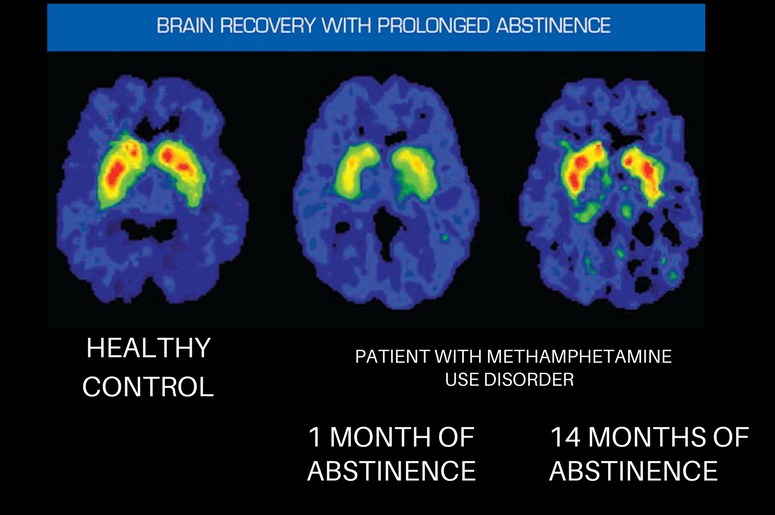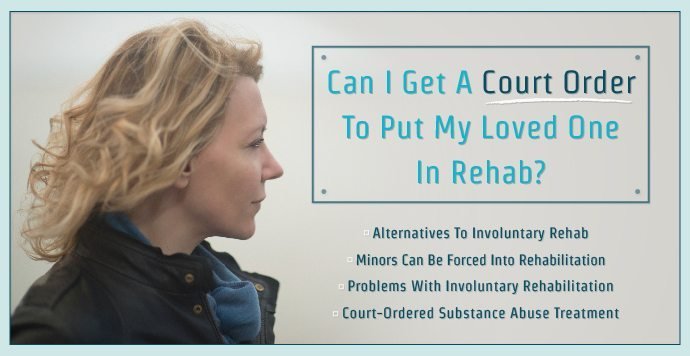We all require adequate sleep, and the right kind of sleep, to be delighted and healthy. In the long run, not getting enough sleep can affect our moods along with our physical wellness. how your diet affects your mental health. There are great deals of things you can.
try to enhance your sleep quality and amount. But if you try these things and you still can't sleep, talk with your GP - how mental health affects weight loss. Details about a therapy, service, product or treatment does not in any way back or support such therapy, service, product or treatment and is not planned to replace suggestions from your medical professional or other authorized health specialist.


, support, and recover itself. A research study released in Science found that the brain cells of mice may in fact shrink throughout this procedure to accommodate the volume of liquid streaming in and out of the brain, which appears to assist clear out waste. The cells then appear to broaden once the mice awaken. These findings support a later research study that showed sleep deprivation had a dampening result on brain cell activity. Waste develop and slow neuron signals frequently cause reduced decision-making skills, reaction times, and thinking capabilities. Preserving a healthy diet plan isn't easy if you're not getting sufficient sleep. Throughout sleep deprivation, the body releases greater quantities of the appetite hormone ghrelin while launching less of the satiety hormone leptin. When you consume these foods, your brain gets more benefits than normal, causing you to crave them much more. Hunger changes are among the factors that prolonged sleep deprivation may result in unwanted weight gain and diabetes. While you sleep, your immune system gets to work recharging itself and making antibodies. As soon as you get sick, an immune system depressed by sleep deprivation takes longer to eliminate off infection. Your immune system health can also be impacted by bad sleep quality. The body immune system goes to work recharging itself and combating infection while you're in the inmost levels of sleep. If time is interrupted or you experience wakefulness during the night, the immune system doesn't get the time it needs to stay healthy. Swellings, valleys, and even tags on your mattress could trigger wakefulness. If chronic pain is an issue, you might require a mattress that's developed for your preferred sleep position. Today, you can investigate and acquire mattresses online and have them provided to your door to make this process simpler. Other environmental elements like noise, light, and room temperature level could likewise disrupt your sleep. A lot of people sleep more comfortably in a space kept in between 60 to 68 degrees to enable the natural drop in body temperature level at the start of sleep. By making sleep a priority, you give yourself the chance to get the rest that your body and mind need. With the right environment and consistent effort, a better night's sleep is just a good night's rest away.
Her preferred research study subjects are health and wellness, so Amy's a routine reader of Scientific American and Nature. She likes taking naps throughout thunderstorms and snuggling up with a blanket, book, and cats. SOURCES: Maddox, W.T. Sleep, 2009; vol 32: pp 1439-1448. Taylor, D.J. Sleep, Nov. 1, 2005; vol 28: pp 1457-1464. National Sleep Foundation:" 2009 Sleep in America Poll Highlights and Key Findings,"" 2002 Adult Sleep Habits, "" Teens and Sleep.
Some Known Details About How Physical Fitness Affects Mental Health Bipolar
" National Institute of Neurological Conditions and Stroke:" Brain Fundamentals: Understanding Sleep." WebMD Function:" The Toll of Sleep Loss in America. "NIH National Heart, Lung and Blood Institute:" Your Guide to Healthy Sleep." Barry Krakow, MD, medical director, Maimonides Sleep Arts and Sciences, Ltd., Albuquerque, N.M.; author, Sound Sleep, Noise Mind: 7 Keys to Sleeping Through the Night. Allison T. Siebern, PhD, fellow, Sleeping disorders and Behavioral Sleep Medication Program, Stanford University School of Medicine, Sleep Medication Center, Redwood City, Calif. U.S. Department of Health and Human Services:" Your Guide to Healthy Sleep." WebMD Medical Referral:" Sleep 101." National Highway Traffic Safety Administration:" Drowsy Driving and Auto Crashes.". Sleep is not just' time out 'from our hectic regimen.
The majority of us require to sleep well to help our bodies recuperate from the day and to allow recovery to happen. But with increasingly busy lives it's approximated that we now sleep around 90 minutes less each night than.
we did in the 1920s. Lack of sleep can make us feel physically unwell in addition to stressed and distressed, and scientists likewise think that it contributes to heart disease, early aging and road accident deaths. There are more than 80 different sleep issues listed in the medical textbooks, varying from the inability to get to sleep( insomnia )to the inability to stay awake( narcolepsy ). However sleep problems can likewise be a symptom of other conditions, such as an issue with your thyroid gland or depression, so it deserves seeing your GP if your sleeping problems continue. Sleeping disorders is the most typical sleep disorder, impacting an estimated 20% of individuals. Common symptoms are: issues falling asleep problems staying sleeping( so that you get up numerous times each night )awakening prematurely daytime drowsiness, stress and anxiety, impaired concentration and memory and irritability Short-term sleeping disorders, lasting for a few nights or a couple of weeks, usually affects people who are briefly experiencing several https://why-is-cocaine-bad.drug-rehab-fl-resource.com/ of the following: tension modification in environmental sound levels extreme modification in temperature level a different regimen, possibly due to jet lag negative effects from medicines Chronic sleeping disorders, lasting for a month or longer, frequently arises from a combination of factors that often include underlying physical or mental illness. Narcolepsy is a brain condition that upsets how the body manages your sleep patterns. One of the primary symptoms is extreme sleepiness- sufferers can go to sleep at work, talking or driving a vehicle. These' sleep attacks' can last from 30 seconds to more than 30 minutes, despite how much sleep you are getting at night. The individual will stop breathing briefly at periods throughout the night, which wakes them up briefly- continuously disrupting their rest. People with sleep apnoea wake up to breathe numerous times during the night, which makes them really exhausted during the day. Usually they aren't conscious of these short awakenings.